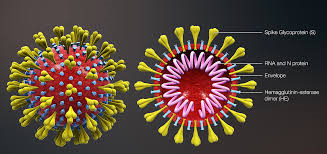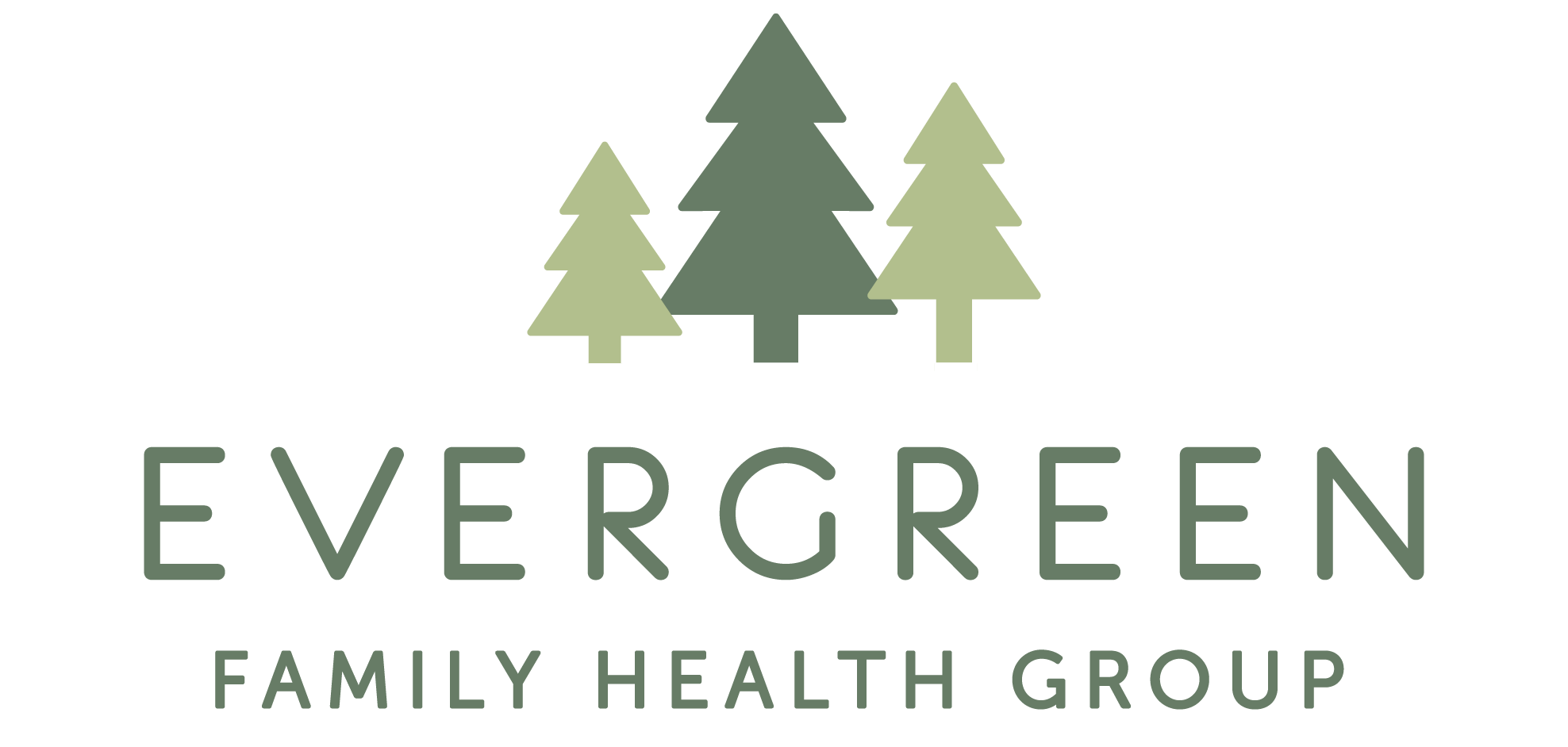Covid vaccination for children ages 5-11; Covid vaccination boosters

Children ages 5-11:
Getting our children vaccinated will keep them safe and healthy and help stop the spread of COVID-19 in our communities. The Pfizer vaccine dose is specially formulated for this age group, using one third the size of the dose for people 12 and older. This provides enough protection with the least potential for side effects. Just like adolescents and adults, children will receive two doses of the Pfizer vaccine given three weeks apart. All Evergreen Family Health Group Practitioners recommend your child receive this vaccine.
The four offices of Evergreen Family Health Group do not currently have pediatric Pfizer vaccines for children ages 5-11. You can make a vaccine appointment for your child(ren) by visiting the VT Department of Health website, or by calling the VT Dept of Health. Should we receive pediatric vaccine in the future, we will update our website accordingly.
Boosters for people age 18 and older:
If you have already received one Johnson & Johnson vaccine, or two Pfizer or Moderna vaccines, you are very well protected against serious illness and hospitalization should you contract Covid-19. However, many individuals are recommended to have a booster. Boosters are recommended for adults age 65 and older, people age 18 and older with serious underlying health conditions, and all people whose occupation exposes them to higher risk. The details of booster recommendations can be found on the CDC website and are copied here:
Older adults age 65 years and older
People ages 65 years and older should get a booster shot. The risk of severe illness from COVID-19 increases with age and can also increase for adults of any age with underlying medical conditions.
Long-term care setting residents ages 18 years and older
Residents ages 18 years and older of long-term care settings should get a booster shot. Because residents in long-term care settings live closely together in group settings and are often older adults with underlying medical conditions, they are at increased risk of infection and severe illness from COVID-19.
People with underlying medical conditions ages 50–64 years
People ages 50–64 years with underlying medical conditions should get a booster shot. The risk of severe illness from COVID-19 increases with age and can also increase for adults of any age with underlying medical conditions.
People with underlying medical conditions ages 18–49 years
People ages 18–49 years with underlying medical conditions may get a booster shot based on their individual risks and benefits. The risk of severe illness from COVID-19 can increase for adults of any age with underlying medical conditions. This recommendation may change in the future as more data become available.
People who work or live in high-risk settings ages 18–64 years
People ages 18–64 years at increased risk for COVID-19 exposure and transmission because of occupational or institutional setting may get a booster shot based on their individual risks and benefits. Adults who work or reside in certain settings (e.g., health care, schools, correctional facilities, homeless shelters) may be at increased risk of being exposed to COVID-19, which could be spreading where they work or reside. That risk can vary across settings and based on how much COVID-19 is spreading in a community. This recommendation may change in the future as more data become available.
Examples of workers who may get COVID-19 booster shots: [ 1 ]
- First responders (e.g., healthcare workers, firefighters, police, congregate care staff)
- Education staff (e.g., teachers, support staff, daycare workers)
- Food and agriculture workers
- Manufacturing workers
- Corrections workers
- U.S. Postal Service workers
- Public transit workers
- Grocery store workers
1 List could be updated in the future.

